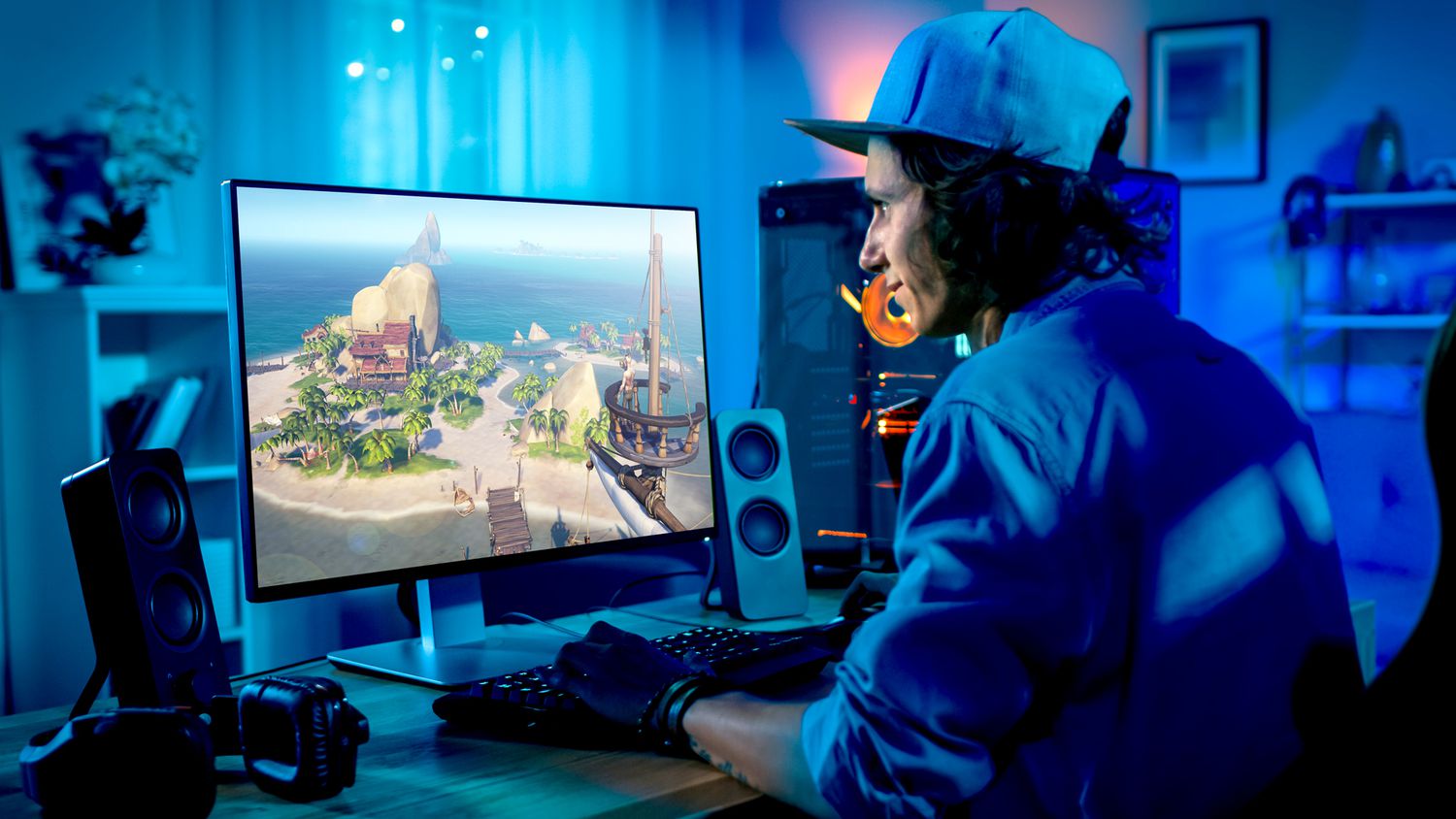In the vast digital landscape of the 21st century, few phenomena have captivated minds and sparked imaginations quite like online gaming. From the humble beginnings of text-based adventures to the immersive virtual realms of today, online gaming has evolved into a global cultural force, shaping entertainment, technology, and society in profound ways. In this article, we embark on a journey through the annals of online gaming KINGXSLOT LOGIN, exploring its origins, evolution, and the impact it has had on individuals and communities worldwide.
The Genesis: From Pixels to Pixels
The story of online gaming begins long before the internet became a household staple. In the late 1950s and 1960s, university computer labs and research institutions birthed the earliest forms of digital entertainment. Games like “Spacewar!” laid the groundwork for what was to come, demonstrating the potential for multiplayer experiences in the digital realm.
As technology advanced, so too did the scope and scale of online gaming. The rise of home computers in the 1970s and 1980s saw the emergence of early multiplayer games like “MUDs” (Multi-User Dungeons), where players could explore text-based worlds and interact with each other in real-time. These rudimentary experiences paved the way for the online gaming revolution that was just over the horizon.
The Digital Renaissance: From LAN Parties to Massive Multiplayer Universes
The advent of the internet in the 1990s marked a pivotal moment in the history of gaming. Suddenly, players could connect with others from around the world, transcending geographical boundaries to share experiences in virtual realms. Online gaming communities flourished, from early online shooters like “Quake” to the groundbreaking MMORPG (Massively Multiplayer Online Role-Playing Game) “Ultima Online.”
The 2000s witnessed an explosion of online gaming, driven by advances in technology and the proliferation of high-speed internet connections. Games like “World of Warcraft” and “EverQuest” became cultural phenomena, attracting millions of players into immersive virtual worlds where they could embark on epic quests, forge alliances, and engage in epic battles.
The Modern Era: Where Gaming Meets Social Networking
In the digital age, online gaming has evolved beyond mere entertainment, becoming a social phenomenon that transcends traditional boundaries. Social networking features integrated into gaming platforms allow players to connect with friends, join communities, and share experiences in real-time. From livestreaming on platforms like Twitch to the rise of esports, where professional gamers compete for fame and fortune, online gaming has become a cultural force with a global reach.
But with this newfound prominence comes scrutiny. Concerns about addiction, toxicity, and the impact of gaming on mental health have sparked debates and raised questions about the role of online gaming in society. However, many argue that gaming can also foster positive outcomes, promoting teamwork, problem-solving, and creativity among players of all ages.
Looking Ahead: The Future of Online Gaming
As we look to the future, the horizon of online gaming appears boundless. Emerging technologies like virtual reality (VR) and augmented reality (AR) promise to elevate the gaming experience to new heights, blurring the lines between the virtual and the real. Cloud gaming services offer the potential for seamless access to games on any device, while advances in artificial intelligence (AI) are poised to revolutionize game design and player interactions.
But perhaps the most exciting aspect of the future of online gaming lies in its potential to bring people together. In an increasingly fragmented world, online gaming has the power to unite individuals from diverse backgrounds and cultures, forging connections that transcend borders and fostering a sense of belonging in virtual communities.
